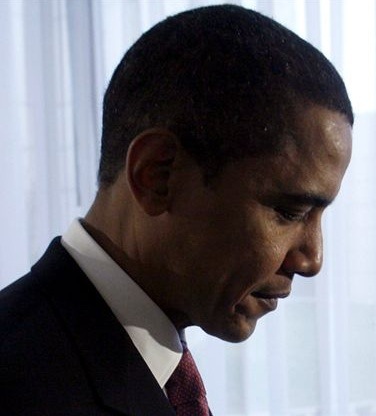 I typically surprise many of my friends with just how fiscally conservative I can be at times. I believe for some reason that people should get the government they pay for, and no more. To me that means not running a deficit. One of the best things we can do for our economy is balance the amount of money we’re taking in versus what is spent. I do not suggest that this needs to be done on a year by year basis, but rather on a decade by decade basis.
I typically surprise many of my friends with just how fiscally conservative I can be at times. I believe for some reason that people should get the government they pay for, and no more. To me that means not running a deficit. One of the best things we can do for our economy is balance the amount of money we’re taking in versus what is spent. I do not suggest that this needs to be done on a year by year basis, but rather on a decade by decade basis.
I do not believe in tax breaks for the rich, or even for the upper middle class. In the United States we have a creaking infrastructure, as I have previously mentioned. Our roads are in need of repair, our education system is in shambles, our health care system is reserved for the upper middle class who work, and we do not as a country save enough. To me that means we as individuals have to pay for all of these things somehow. Either we pay for them in our taxes or we pay elsewhere. If we pay elsewhere, often times those who cannot get left behind. In some of these areas I believe that to be bad policy.
Where do the candidates stand? Senator McCain wants a corporate tax cut from 35% to 25%. As Republican proposals go, this one is pretty mild, and nearly heretical for a Reagan Revolutionary. Indeed according to Wikipedia at least, McCain generally prefers reducing the deficit to other forms of tax cuts.
 Recently, Barack Obama recently sat in a discussion next to Robert Rubin and said that at the time that he would not have been as fiscally conservative as President Clinton was. The problem with that statement is that it was at least in part that fiscal discipline that closed the budget deficit that itself caused interest rates to drop. His web site states that he would provide for a $10 billion foreclosure defense fund, and a $20 billion general stimulus package.
Recently, Barack Obama recently sat in a discussion next to Robert Rubin and said that at the time that he would not have been as fiscally conservative as President Clinton was. The problem with that statement is that it was at least in part that fiscal discipline that closed the budget deficit that itself caused interest rates to drop. His web site states that he would provide for a $10 billion foreclosure defense fund, and a $20 billion general stimulus package.
 At the same time he wants to cut taxes for the middle class as well as for senior citizens. Once again, Obama does not say how he would pay for all of the programs he mentioned. I don’t have a problem with the programs, or even the bill for those programs. But he has to say how he is going to pay for those programs.
At the same time he wants to cut taxes for the middle class as well as for senior citizens. Once again, Obama does not say how he would pay for all of the programs he mentioned. I don’t have a problem with the programs, or even the bill for those programs. But he has to say how he is going to pay for those programs.
Until I hear more details from Obama, McCain gets this round.
 The customers of Best Western are the latest to
The customers of Best Western are the latest to  Senator Obama had his choice of huge range of individuals for vice president candidate. He could have picked Hillary Clinton, who has a solid constituency, or he could have picked Bill Richardson, who has a brain the size of the planet and represents the left well. Instead, he picked Senator Joseph Biden of Delaware, who received a whopping 1% of the vote in the primaries in which he participated. Biden has a less than distinguished carrier in the Senate that includes such debacles as the Anita Hill massacre, in which Clarence Thomas was confirmed as a justice of the Supreme Court, having been publicly shamed by his assistant. Biden chaired the mess.
Senator Obama had his choice of huge range of individuals for vice president candidate. He could have picked Hillary Clinton, who has a solid constituency, or he could have picked Bill Richardson, who has a brain the size of the planet and represents the left well. Instead, he picked Senator Joseph Biden of Delaware, who received a whopping 1% of the vote in the primaries in which he participated. Biden has a less than distinguished carrier in the Senate that includes such debacles as the Anita Hill massacre, in which Clarence Thomas was confirmed as a justice of the Supreme Court, having been publicly shamed by his assistant. Biden chaired the mess.
